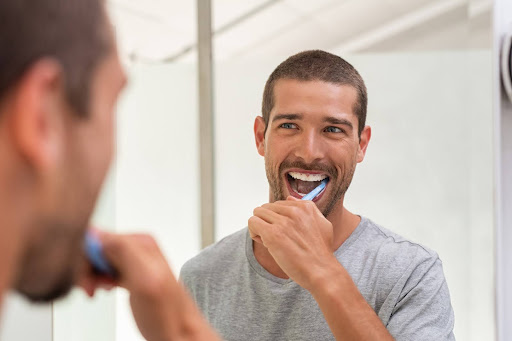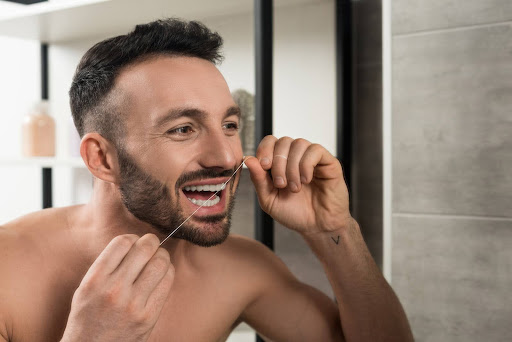
Atlanta Dentists Reveal 5 Proven Strategies to Combat Tooth Sensitivity Post-Teeth Whitening
February 23, 2024
5 Telltale Signs Your Dental Fillings Are Due for a Refresh
March 22, 2024When it comes to oral hygiene, flossing often finds itself as the unsung hero in the battle against plaque and gum disease. But with an array of options available, from traditional string floss to interdental brushes and water flossers, choosing the best tool for the job can feel like navigating a dental maze. Luckily, our dentist in Atlanta is here to guide you.
Do you have a dental health question? Ask Abbey J. Lee and her knowledgeable team at Smiles 4 Grant Park in Atlanta, GA. Our dentist in Atlanta can help you get to the borrow of your oral health mysteries, allowing you to build a healthier, brighter smile. Contact our team today at (404) 328-7177 for appointments, information, and more!
Traditional String Floss
String floss, the tried and true method, has been a staple in oral care for decades. By sliding the thin thread between teeth, string floss removes plaque and debris, helping to prevent cavities and gum disease.
One of the key advantages of traditional floss is its accessibility and affordability. It’s widely available in various forms, such as waxed, unwaxed, flavored, or unflavored, catering to individual preferences.
However, traditional string floss requires manual dexterity and proper technique to be effective. For some, maneuvering the floss between tight spaces can be challenging, leading to incomplete cleaning. Moreover, it may not be suitable for individuals with braces or dental work, as it can get stuck or frayed.
Interdental Brushes
Interdental brushes offer a different approach to flossing, employing small bristled brushes to clean between teeth and along the gum line. These brushes come in various sizes to accommodate different gaps between teeth, ensuring thorough cleaning for a wide range of individuals.
One of the main advantages of interdental brushes is their ease of use, particularly for those with limited dexterity or mobility issues. The handle provides better grip and control compared to traditional floss, making it more accessible for many individuals.
However, interdental brushes may not be suitable for everyone, especially those with very tight spaces between their teeth. In such cases, the brushes may not fit comfortably or may cause discomfort during use.
Water Flossers
Water flossers, sometimes called oral irrigators, are gaining in popularity as a suitable alternative to traditional flossing methods. These devices use a gentle jet of pressurized water to clean between teeth and along the gum line, removing plaque and particles effectively.
One of the key advantages of water flossers is their ease of use and gentleness on the gums. They are particularly beneficial for individuals with sensitive gums or dental work, as they provide a thorough clean without causing irritation.
However, water flossers come with some drawbacks, including cost and maintenance. They tend to be more expensive upfront compared to other flossing methods, with many oral irrigators costing over $50. Moreover, they may not be as effective as traditional floss at removing plaque in tight spaces or between teeth with tight contact points.
Learn More with Our Dentist in Atlanta, GA
In the debate between traditional string floss, interdental brushes, and water flossers, there’s no one-size-fits-all answer. Each method has its own advantages and limitations, and the best choice ultimately depends on individual preferences, oral health needs, and lifestyle factors.
If you have a question about your oral health or oral hygiene products, ask our dentist in Atlanta. Dr. Lee can help you find solutions that work best for your smile. Contact Smiles 4 Grant Park online anytime or call (404) 328-7177 for more information and scheduling.


